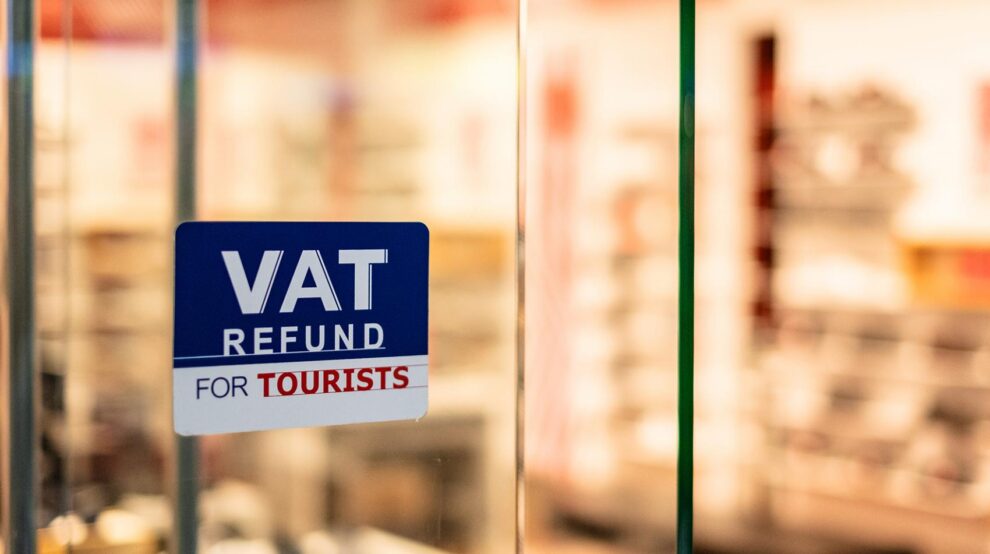Sri Lanka welcomed the New Year with an increase in the VAT rate to 18 percent from 15 percent. This is in addition to the removal of VAT exemptions from 98 items out of 140. The reduction of VAT threshold to Rs. 60 million from 80 million needs approval of parliament.
In an effort to educate the business community and the general public on how their daily activities will be impacted from the VAT changes, CMA hosted an informative webinar towards the latter part of December.
The webinar covered the impact on industry, commerce and society, where the resource persons highlighted the inclusion of fresh items such as meals and transport to workers, fuel, fertilizer, losses incurred on closing stocks with retail trade and supermarkets which will badly impact the SME sector as this amount is likely to be claimed from them by the retailers.
The main presentation delivered by Asset Advisory Partners MD, Athula Ranaweera, highlighted that the increasing of the rate of tax and the charging of VAT on exempted articles will increase the cost of living and reduction of the buying power. The move will impact the SME sector, power sector, and the export sector. Further, because of making employee meals and transport liable to VAT it will affect to the continuity of employee’s welfare & health conditions.
The provision of staff meals and transport which were exempt from VAT are now liable will create lot of complications since many of them are giving free or subsidized meals and transport and adding the market value to pay the increase VAT will increase the cost to the business sector especially the garment sector.
“In the wholesale and retail trade where exempt items are concerned when you consider the closing stocks as at 31st December 2023 will be impacted as sales from 1st Jan 2024 will make them liable to pay the 18 percent VAT.
“They will influence suppliers to give a special discount on items sold to supermarkets to set off the additional expenditure they have met. This will also have an adverse impact on SME suppliers, said Ranaweera.
VAT and its impact on industry and commerce, society: A CMA analysis






































